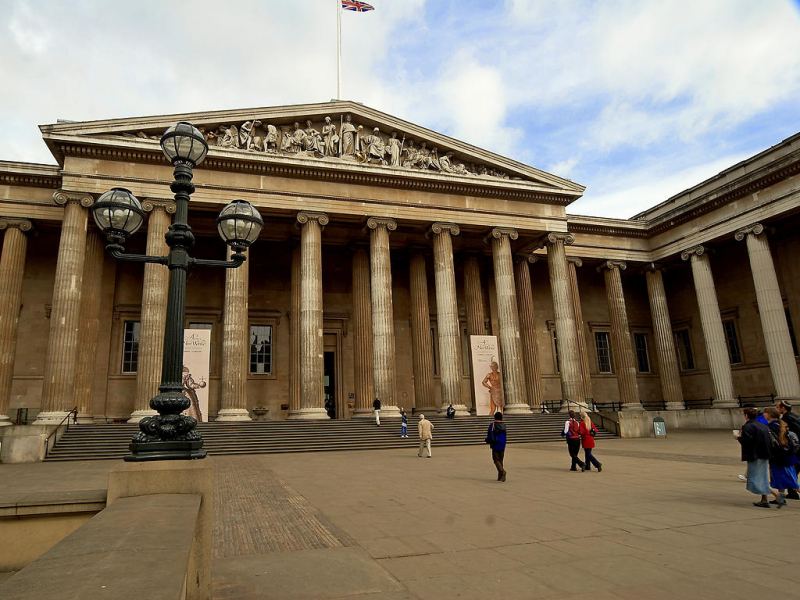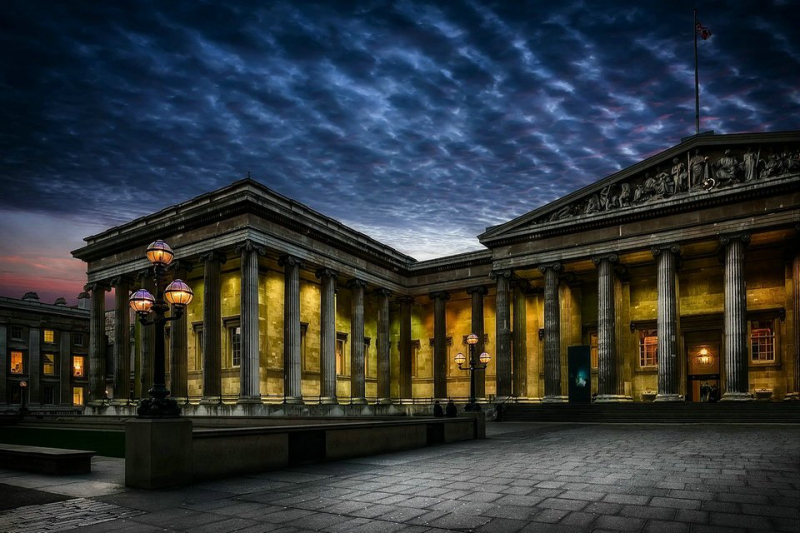British Museum
The British Museum is a free, public museum of human history, art, and culture that is situated in London's Bloomsbury neighborhood. Its eight million-piece permanent collection is one of the biggest and most complete ones ever assembled. The history of human civilization, from its inception to the present, is chronicled. The British Museum was the world's first national museum open to the general public.
In great part on the collections of the Anglo-Irish physician and scientist Sir Hans Sloane, the Museum was founded in 1753. On the site of the present structure, in Montagu House, it initially welcomed guests in 1759. The Natural History Museum was the first of several branch institutions or independent spin-offs created as a result of the museum's expansion during the next 250 years, which was largely a result of British colonization.
The British Library was separated from the British Museum by the British Library Act of 1972 in 1973, however the British Library remained housed in the same Reading Room and building as the museum until 1997. Like all national museums in the UK, the museum is a non-departmental public organization supported by the Department for Digital, Culture, Media, and Sport. It does not charge admission, with the exception of loan exhibitions.
Its ownership of a small portion of its most famous foreign-origin artifacts is disputed and is still at the center of worldwide debate over repatriation requests, most notably in the cases of the Greek Elgin Marbles and the Egyptian Rosetta Stone.
Established: 7 June 1753; 269 years ago
Location: Great Russell Street, London WC1B 3DG, England, United Kingdom
Collection size: approx. 8 million objects
Visitors: 1,275,400 (2020)
Area: 807,000 sq ft (75,000 m2) in94 galleries












